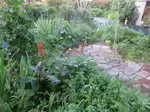Dear Reader, in this age of AI created content, please support with your goodwill someone who works harder to provide the human-made. Sign up at the top of the lefthand column or bottom of this page. You will receive my hand illustrated monthly newsletter RESTORE NATURE and access to the biodiversity garden design course as I write...and nothing else, I respect your time. I am also removing the advertizing as best I can as its become intrusive inappropriate and pays me nothing.
A logical approach to choosing healthy food
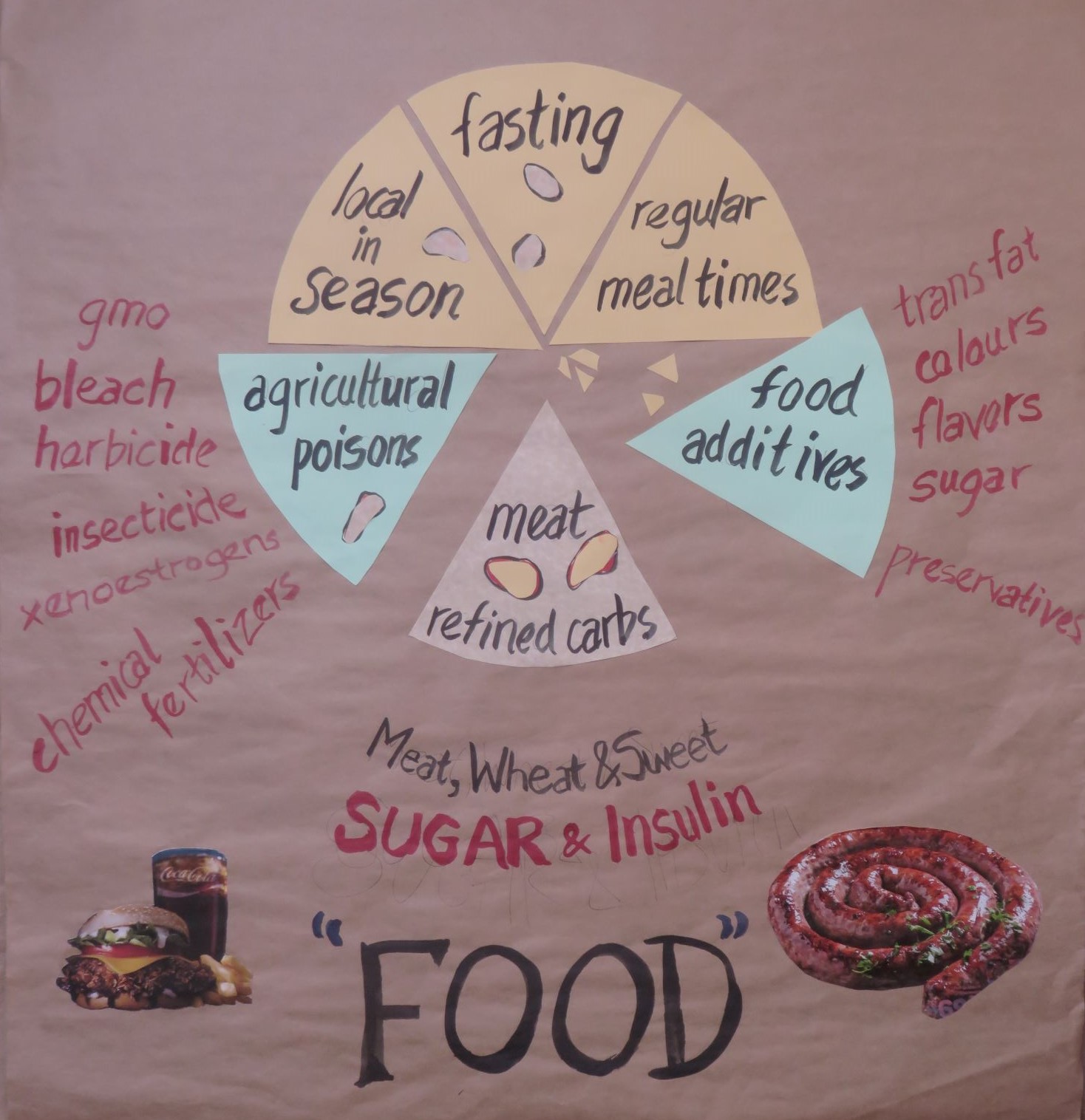
When choosing a healthy diet you can be overwhelmed by the information available today. Once again it is our ancestry as humans which helps to sort out the conflicts between fad diets
If you want a printout of my talk from Tygerberg Hospital, which mentions more specific foods and their protective value, leave a facebook message at end of this article.
Our ancestors all grew and processed their own food. They ate lots of wild food from nature, lots of vegetables and less meat, which was a luxury. They ate with the seasons, went hungry a lot of the time, ate sparingly but at regular times of day, and drank water from mountain streams.
These behaviours have many advantages even today
Water
They say we need to drink at least 3 liters of water a day and its hard to overdose on water unless you do some crazy kid stuff like testing how much water you can drink without urinating. I can't afford filters so I do other stuff to improve my drinking water. Water from the taps these days is potable, its true, you generally don't drop like a stone after drinking, but its full of contaminants, like chloramines, which get you in the end. Its hard to drink enough as you may lose your natural sense of thirst with age. I line up my drinking bottles in the morning and try to down them at specific times of day.
Season
Crops out of season have been picked unripe and put in cold storage. They are often tasteless with low nutrient value. Food which has traveled far has a high carbon footprint. This robs from the future of our children.
Fasting
Our rural ancestors often experienced lean times and skipped meals. Going hungry is not advised for very frail sick people, children and pregnant women, or anyone with a condition that makes it potentially dangerous, like diabetes. You definitely need a medical practitioner's guidance if fasting with any of these conditions. For basically healthy people it is one of the most healthy behaviours according to recent science. Our metabolism may switch into fat burning, or ketosis, and make us more insulin sensitive. Fasting also induces autophagy, when your body eats itself, cleaning up cell garbage and plaques in arteries and nerves. Fasting can help with weight loss, and needs less will power or fuss than dieting.
some green food we're not used to
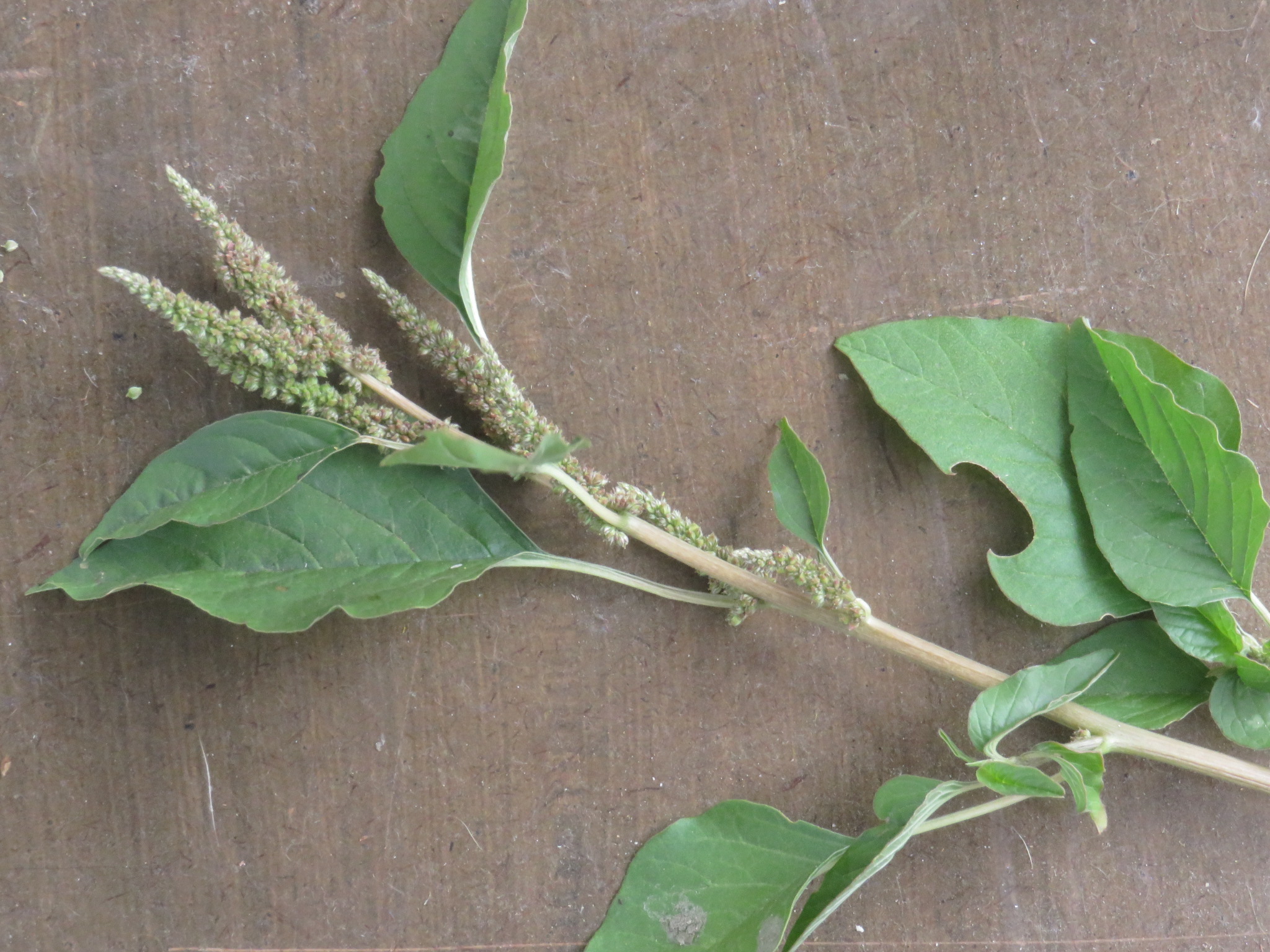 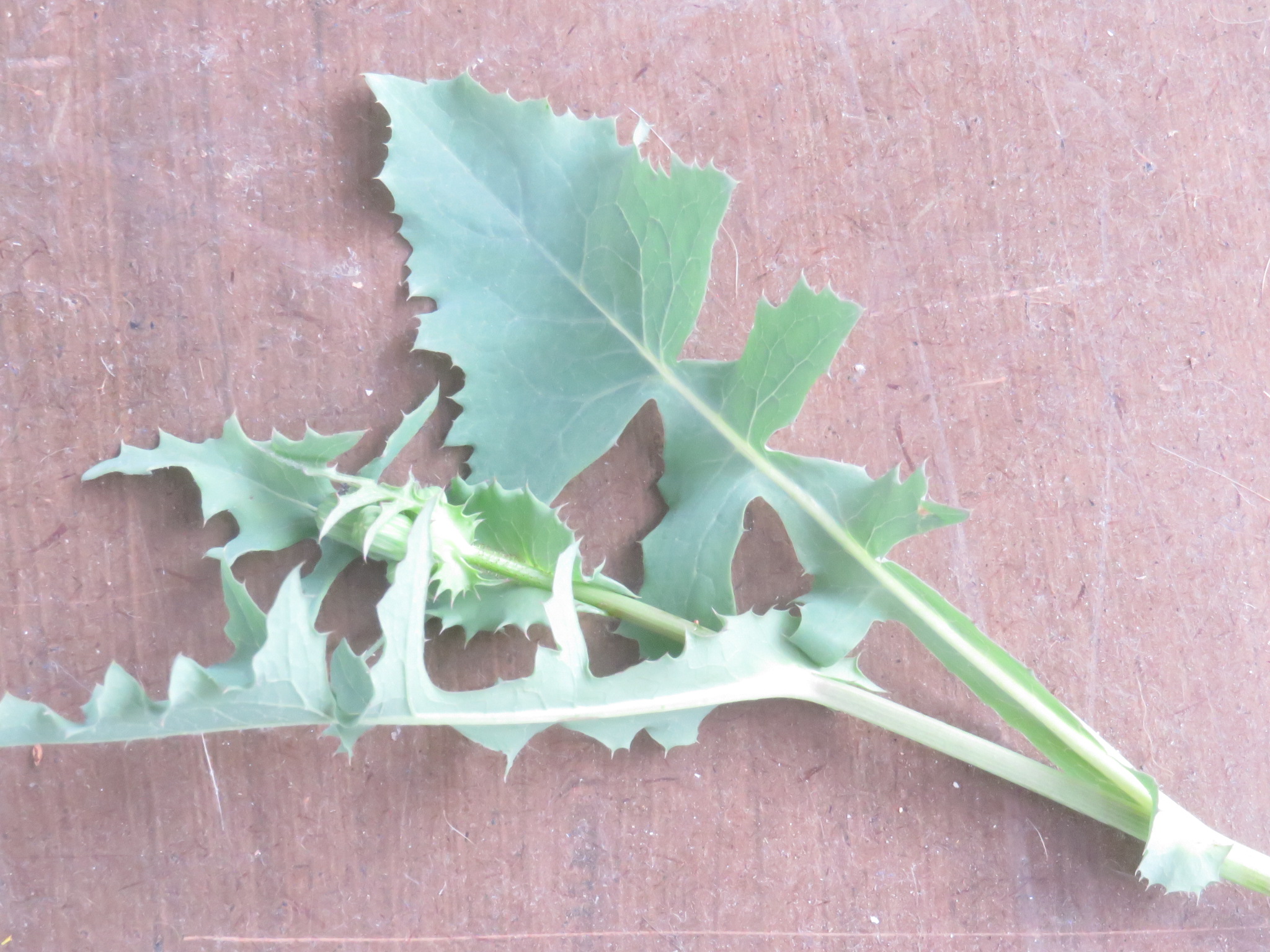 |
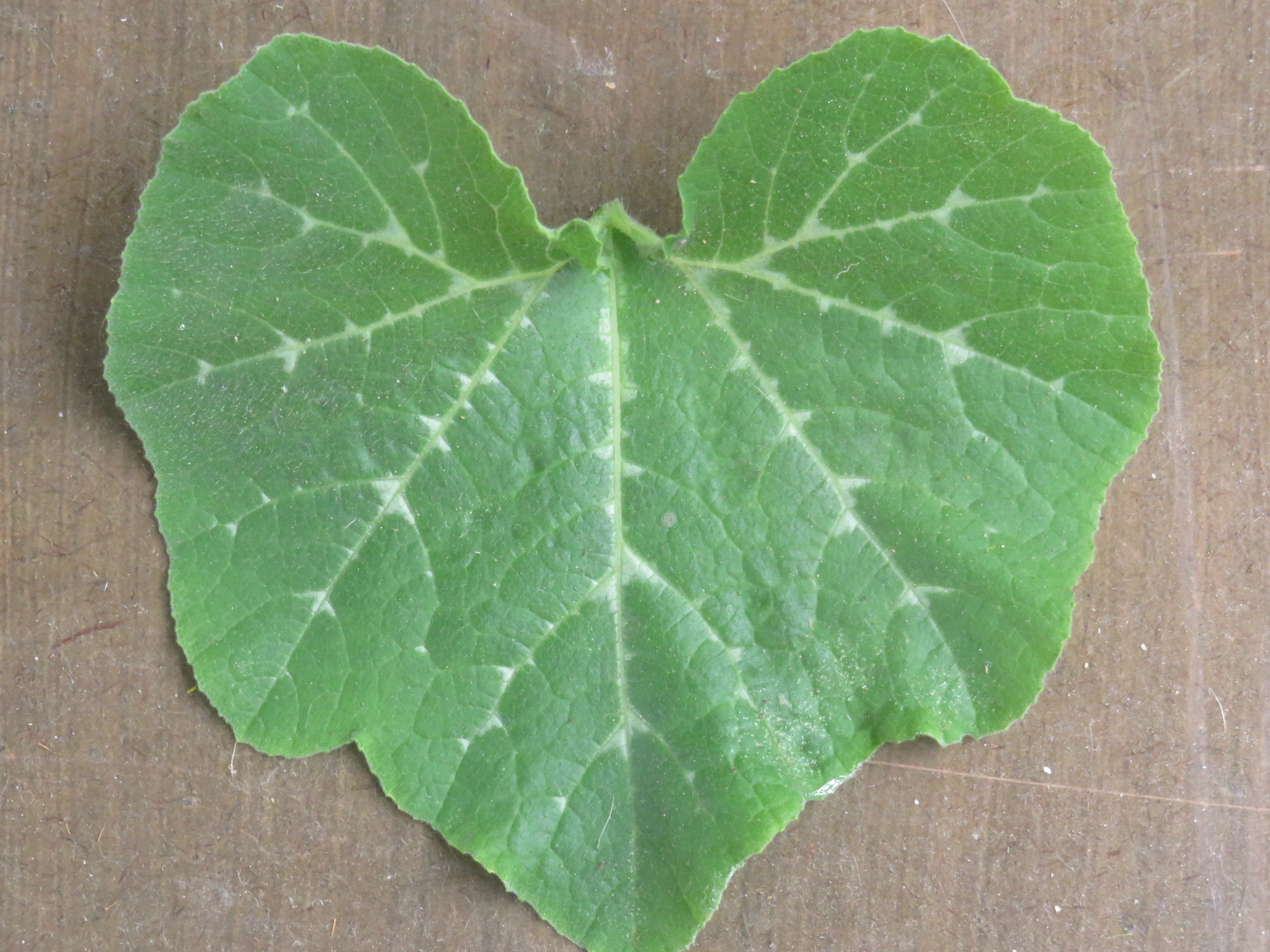 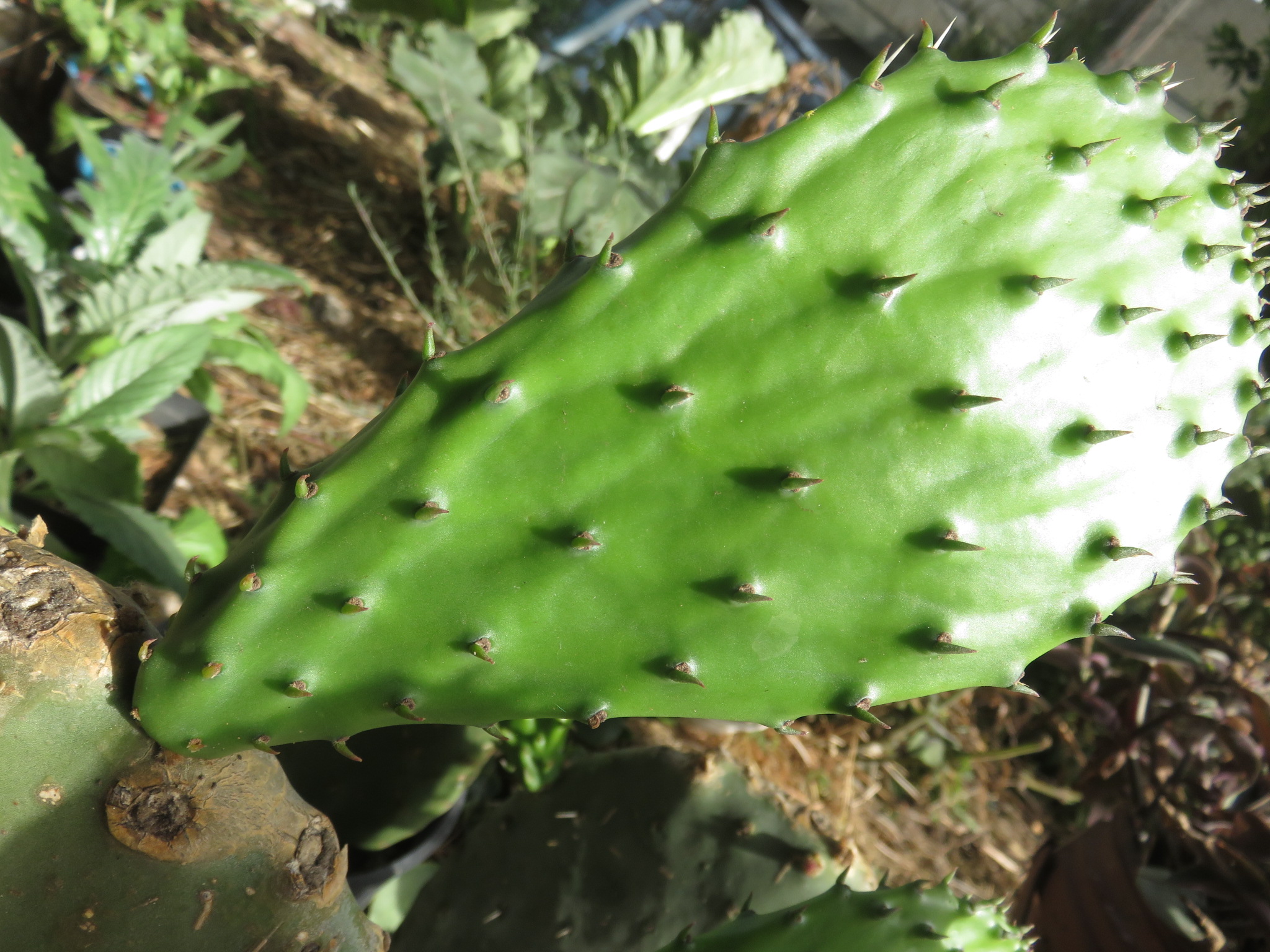 |
Regular meal times
Our rural ancestors ate at regular times in the day, which prepared the stomach for digestion, whereas modern people do a lot of convenience eating, never giving our digestion and pancreas a rest.
Meat
Too much meat causes inflammation say some diet gurus, others encourage meat eating, supposedly like our caveman ancestors. In truth Archaeologists say the cave dweller's food was comprised of much less meat. Less than 50% of the protein came from animal sources. Add carbohydrates that were also a large component and this puts the percentage of meat eaten even lower. In some modern day hunters and gatherers the diversity is enormous. A high percentage of calories come from animal sources for the Canadian Eskimos, and dietary calories are mostly from plant sources for the !Kung people of the Kalahari, and gathered by women. They have also found that we humans are very flexible and even these two extremes show very few actual genetic adaptions to diet according to a recent study. Perhaps this is one reason for all the contention about meat consumption and the ideal human diet. There is no such thing as an ideal. Wild meat is more nutritious with a better Omega 3:6 ratio. Our ancestors meat was also free of nitrates, sugar, colorants, antibiotics and added hormones. Processed meat like sausages can contain trans fats, chemicals which are carcinogens, or preservatives which kill your gut flora. If the meat is cherry red instead of the natural brown it contains nitrates which cause cancer. On the other hand, plant protein like legumes feeds beneficial gut bacteria.
Additives in packaged food
Preparing and cooking your own avoids the toxic additives in factory made food. Buy unprocessed foods and prepare them yourself. Snack foods, takeaways, packaged food, processed meat and other factory food contains colourants, flavorants, preservatives, transfats, purified oils, and there's sugar in everything.
Many colourants cause cancer and allergies.
Preservatives kill microbes, and your gut flora too, which you need for survival.
Transfat causes inflammation which leads to metabolic illness.
Oils are purified by burning at very high heat. which creates transfats.
Toxins in fresh supermarket food
Having a garden can lessen the need to buy food. Supermarket veggies are doused with germ killers to increase shelf life, and may have pesticide residues. In this country you have little choice about eating GMO which can cause gut inflammation, and other disease, and goes with the use of cancer causing glypohsphate. All maize and most pawpaw in the shops is GMO. As GMO spreads, and breeds, all food seed will eventually become contaminated. Ask your shop for non GMO and buy non GMO if possible. Our choices change the market, and South Africa is being used to spearhead the spread of GMO crops in Africa. Our resistance is globally significant.
How's your protection ?
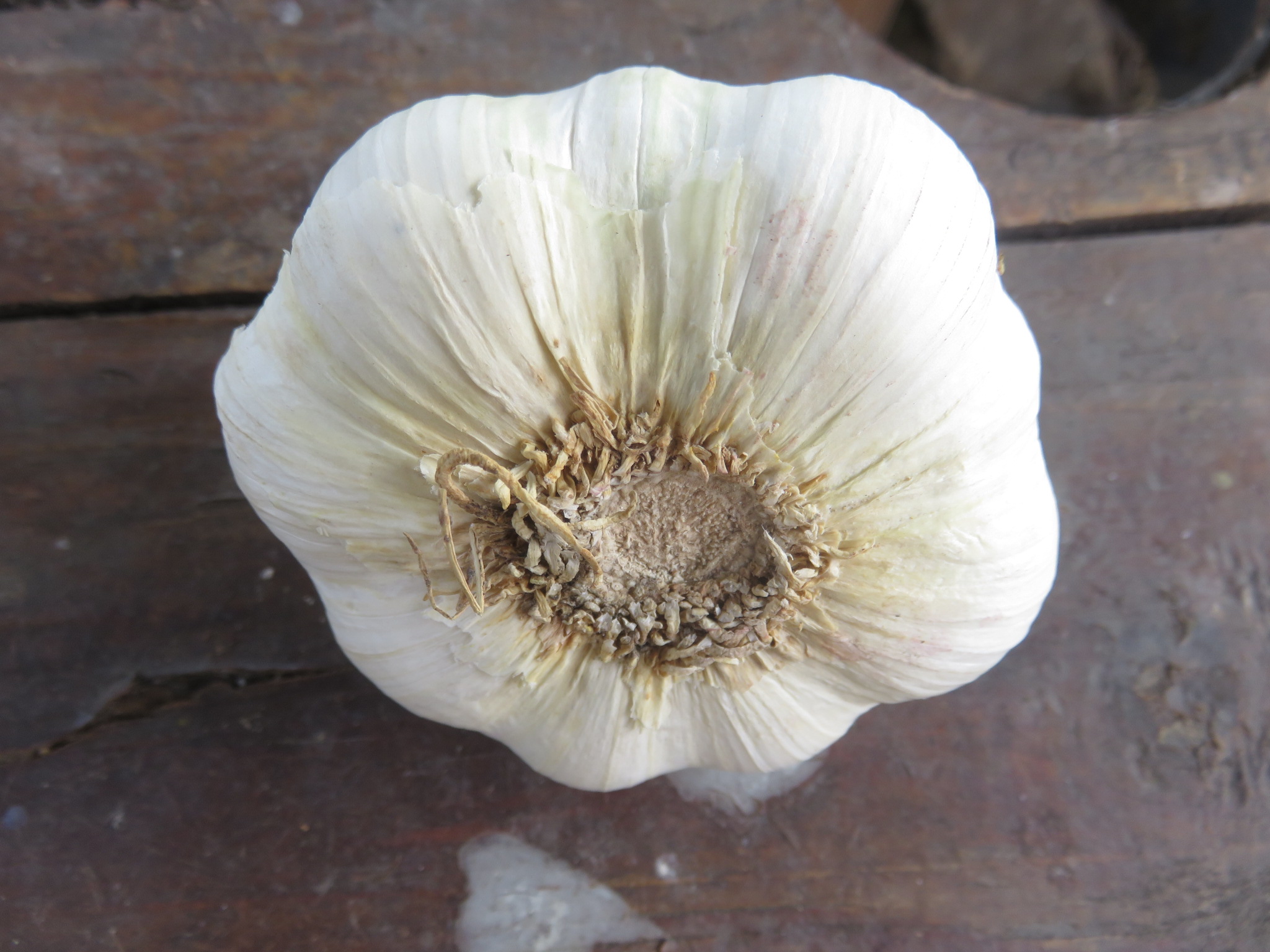 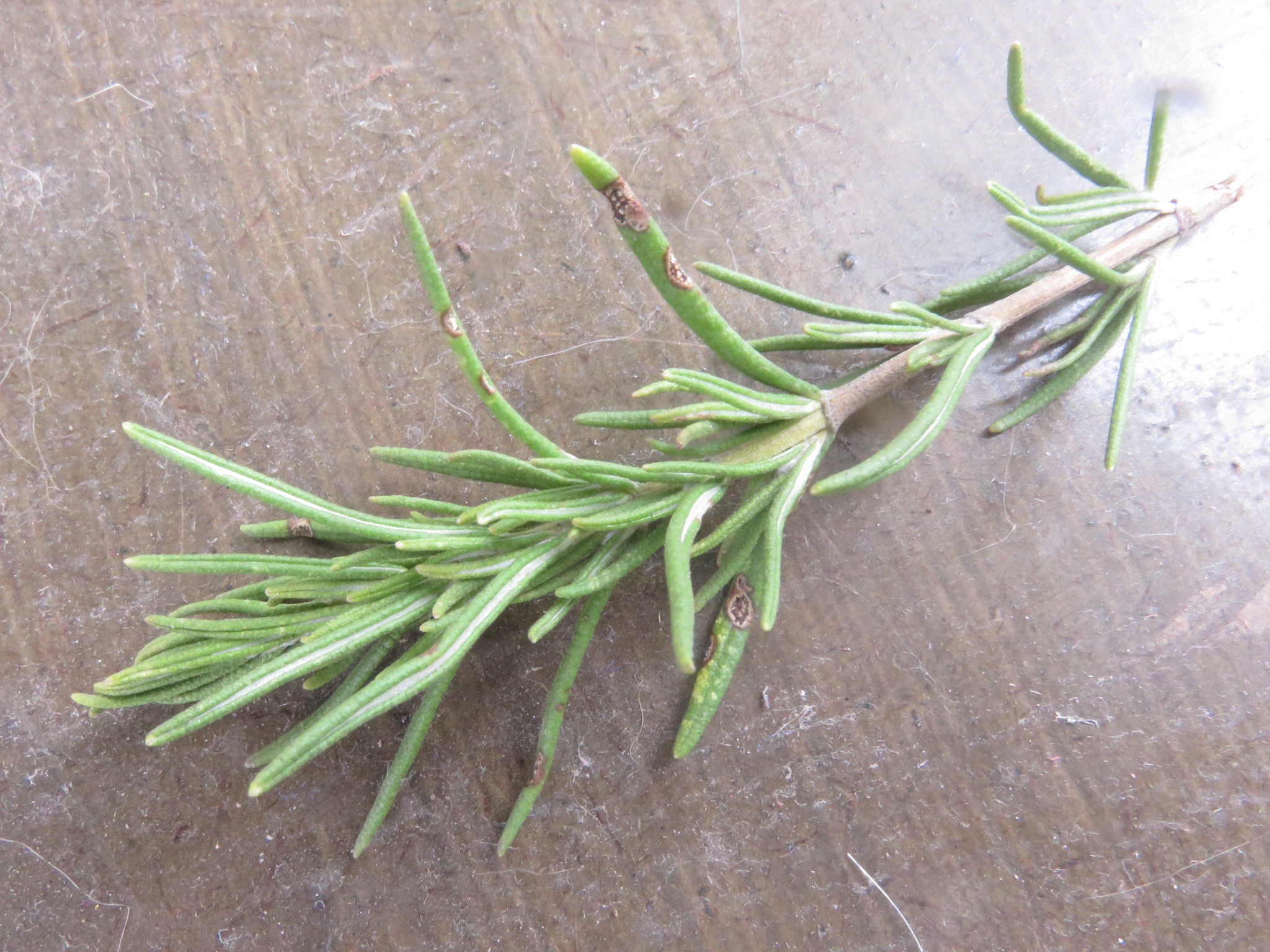 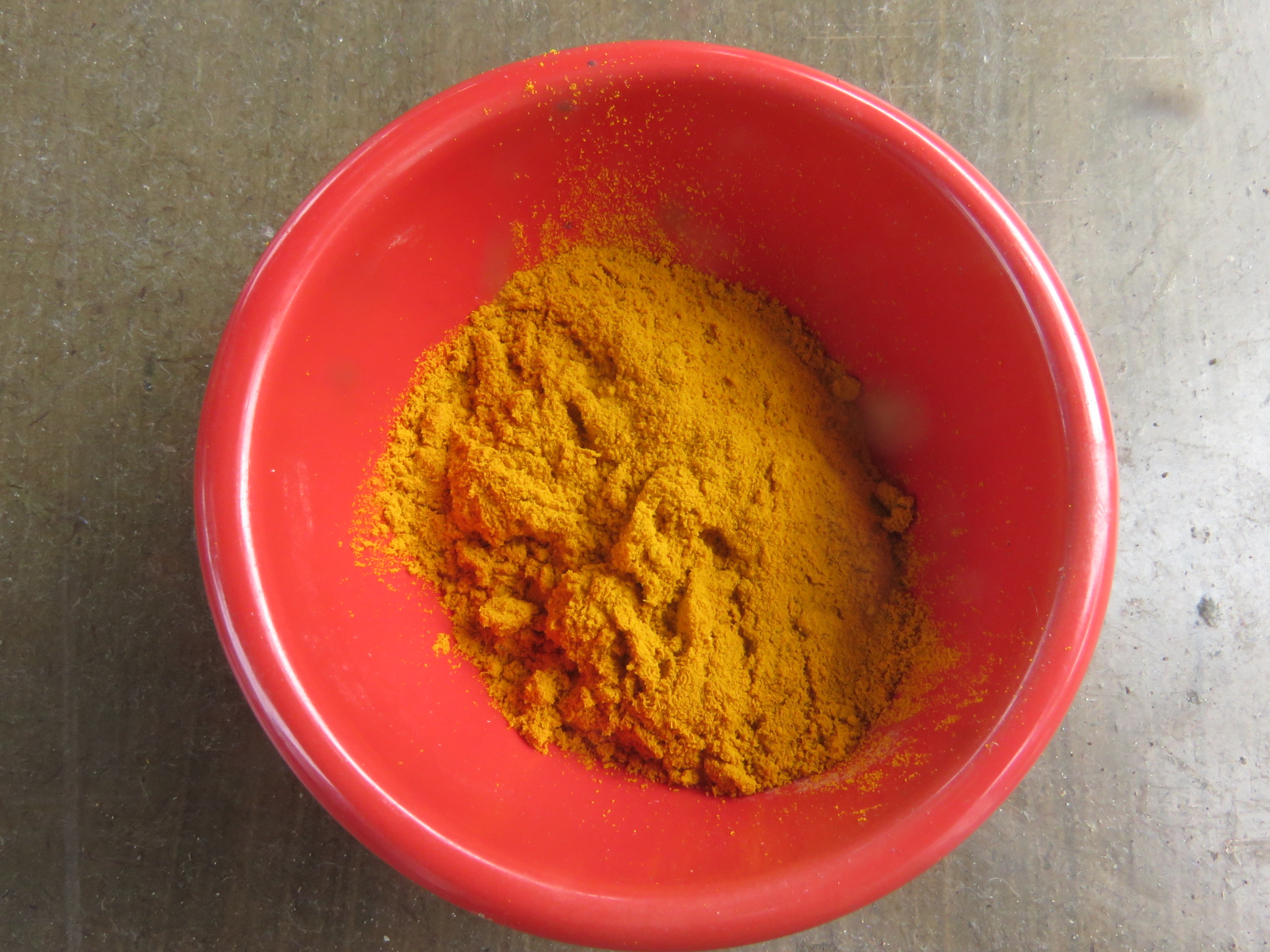 |
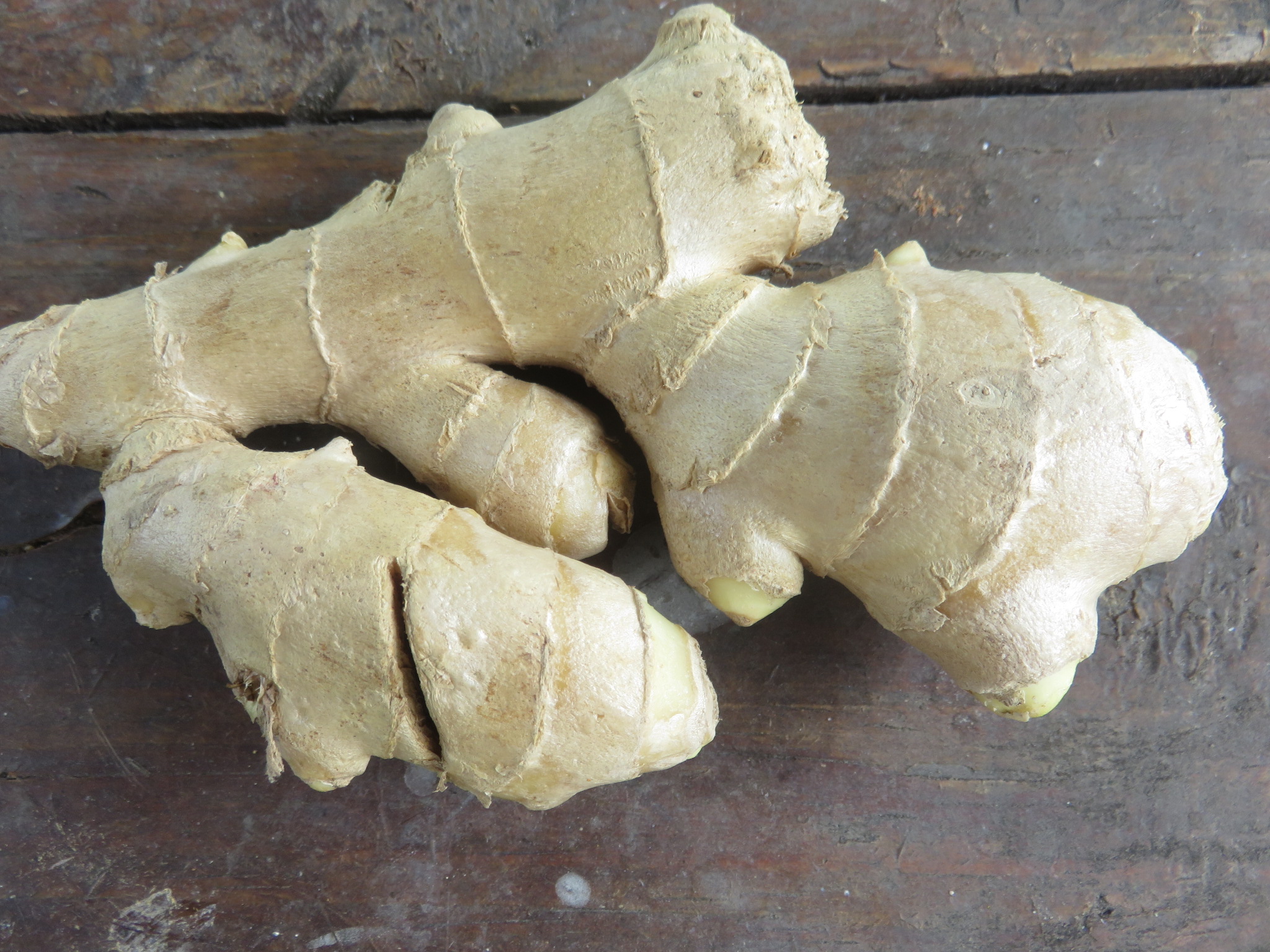 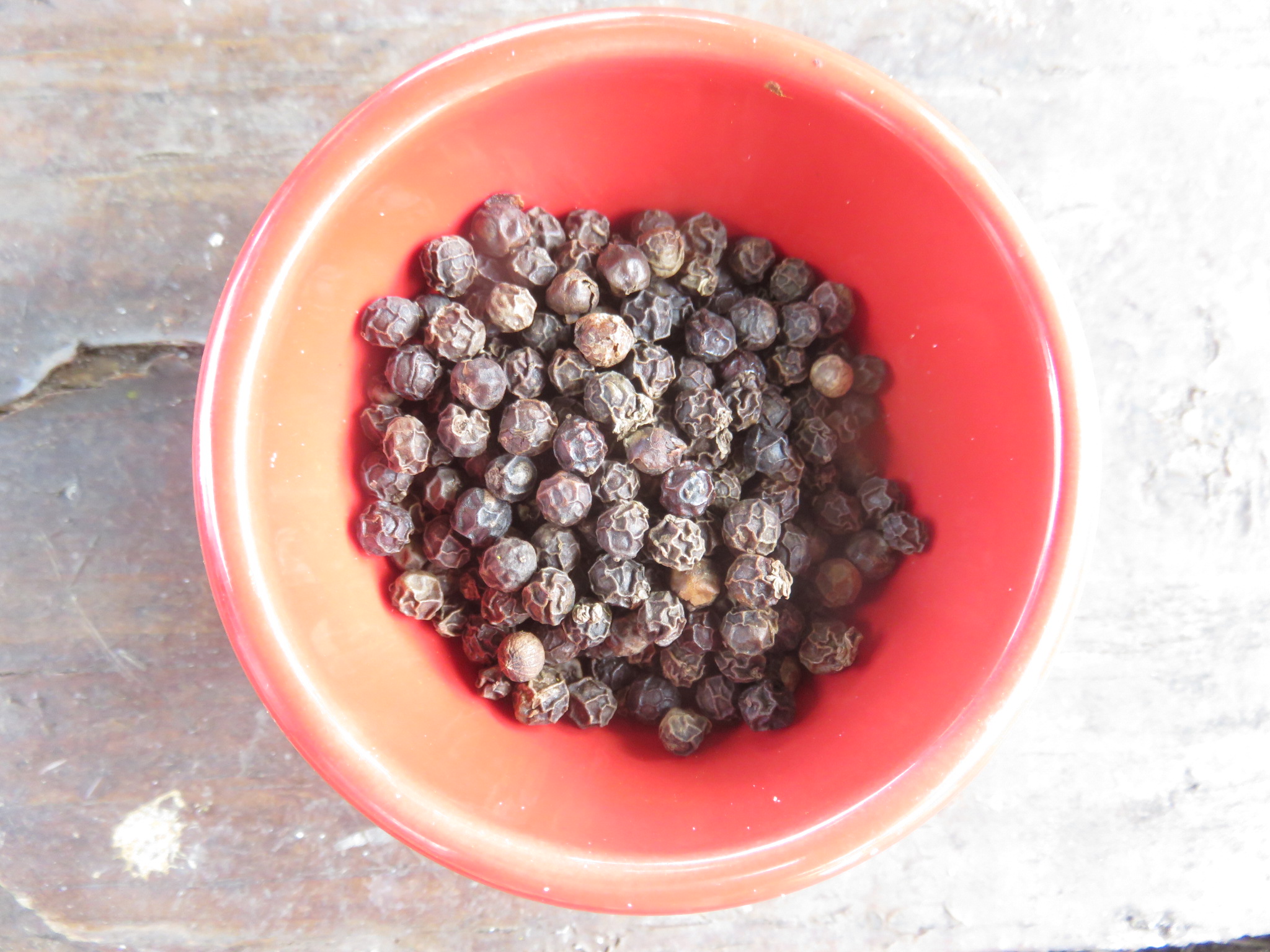 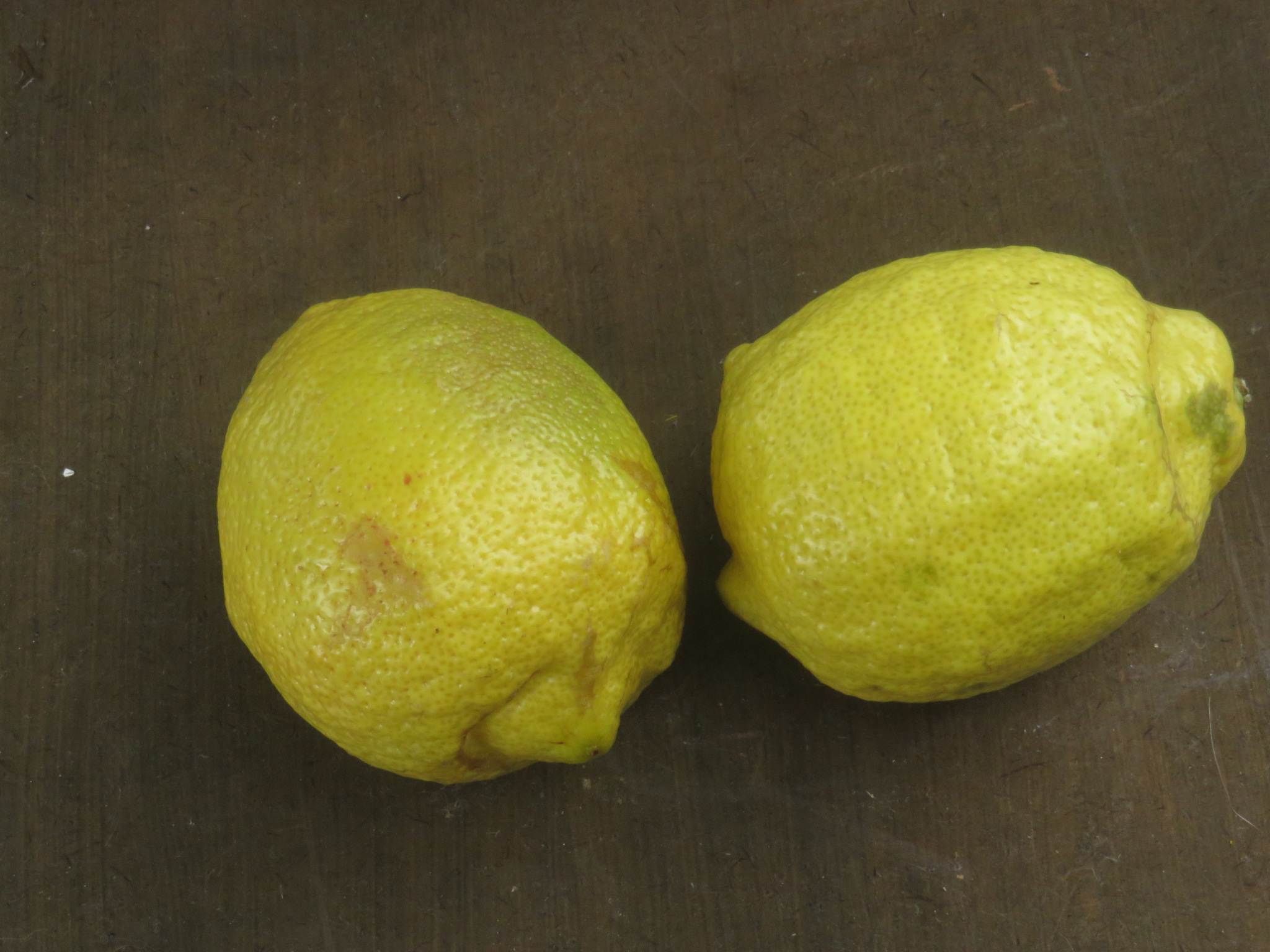 |
Sugar, and its effect on the body
Sugar feeds yeast which unbalances your microbiome, produces harmful by products, as well as addiction. They say sugar is more addictive than crack. People who overeat on junk food are not in control, but hijacked by the yeast in their gut. When they stop eating sugar the yeast sends messages to the brain that they are starving, and people end up eating more sugar, which is what the yeast wants. However, if you cut sugar, the yeast dies off and you will be back in control.
Refined carbohydrates, white flours, pasta, pizza and bread all are converted to sugar by the amylase in your saliva. Its like eating sugar. However, if a starch is in its natural form, in a whole vegetable or seed, or grain, the starch is still complex, and in big pieces and breaks down very slowly, or not at all, and feeds your good gut flora rather than yeast.
Once in your blood, sugar affects the metabolism very badly. Snacking frequently means our insulin is constantly high, so you get used to insulin and need more and more and you become insulin insensitive.
Insulin you produce to take sugar out of your blood into your cells so Soon the insulin climbs to toxic levels but does not bring down the sugar anymore, and you get Diabetes type 2. But Insulin insensitivity is a reversible condition, as is early stage type 2 Diabetes, as presented in remarkable but anecdotal evidence. Don't go off your medication ! First improve your blood sugar and insulin sensitivity and do it with the help of your doctor. You need a doctor well educated (usually self taught) in diet science who believes it is possible.
Sugar and insulin in your blood leads to loss of organs. Sugar also feeds cancer tissue, which has a very high energy demand.
High blood sugar causes inflammation and this can attack any organ in your body. Heart attacks, atheroschlerosis, Alzheimer's, diabetes 2, cancer, thyroid insufficiency, MS, liver and kidney failure, asthma, allergies, psoriasis and arthritis are symptoms of inflammation.
Avoiding a meat-wheat & sweet based diet of fried chips and sausages, burgers, vetkoek, samoosas, toasted sandwiches and pies, snacks in packets, doughnuts and koeksusters, which is typical take away food in my area, and trying to pack a healthy lunch for yourself and cook your own food, should be a good start on the journey to fight inflammation. Don't expect enormous will power from yourself. Take temptation away by having a convenient healthy source of nourishment in your bag or back pack.
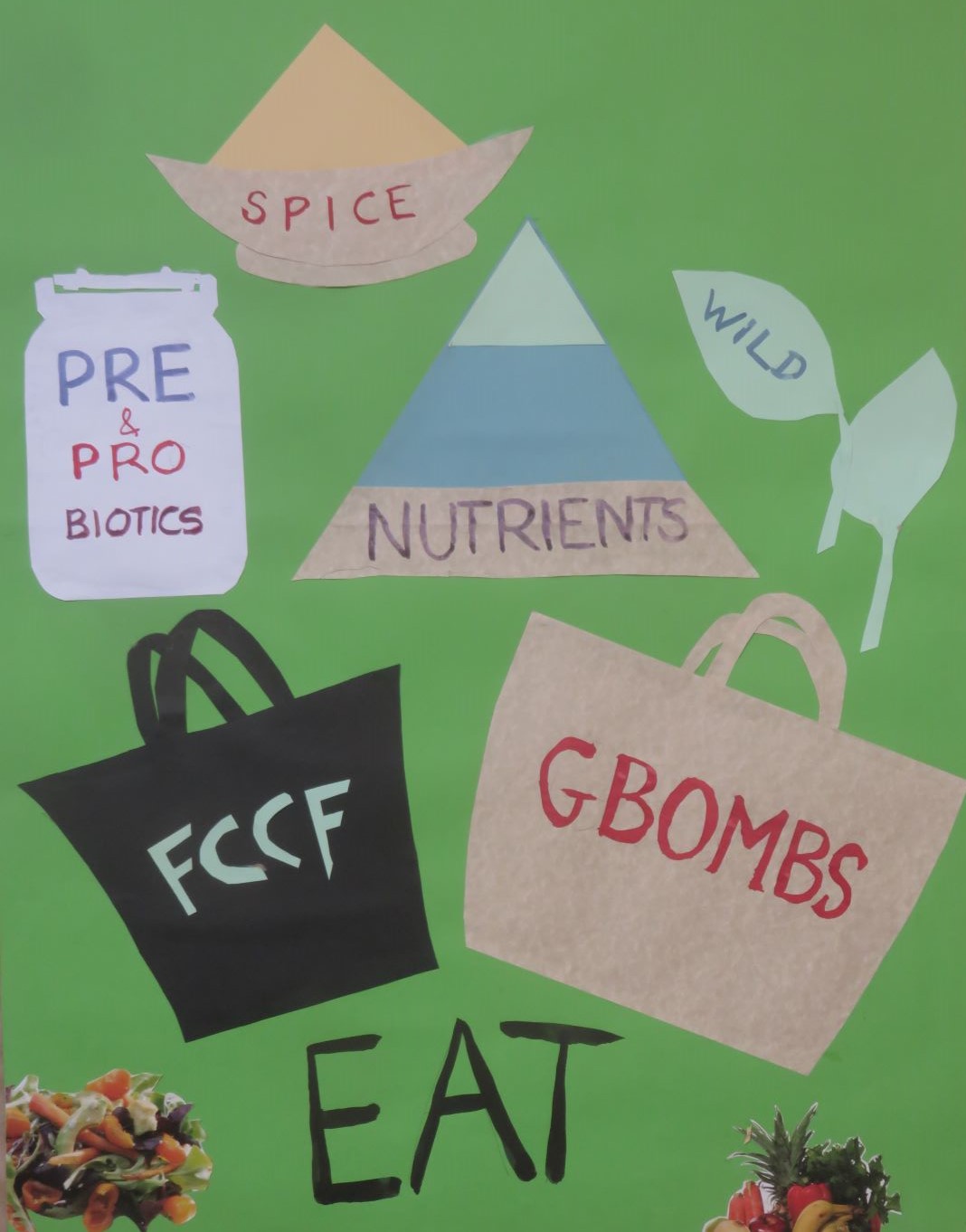
Nutrients
Home grown food goes straight from the garden to the table, and is highly nutritious. Organic food, not being overfed and protected, experiences hormesis, and develops more phytochemicals and tastes better. Wild plants are even more potent. Their Phytochemicals make them bitter and fibrous and that is good, as they add variety to the diet with diverse microbes and plant chemicals.
In your garden you can add diversity to feed your microbiome, with food you can't find in shops, or gourmet food like artichokes.
gbombs high nutrient vegetables
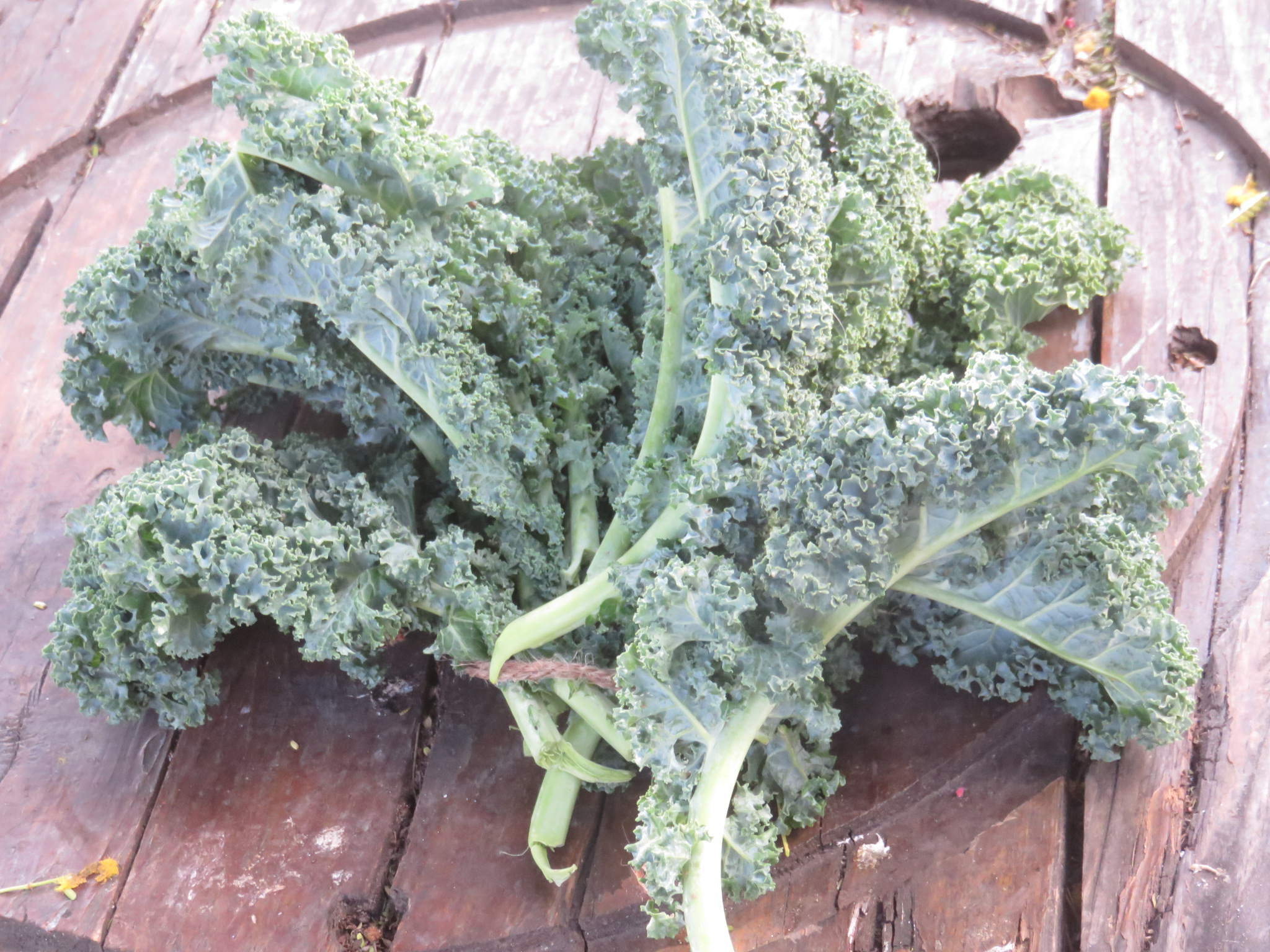 greens
greens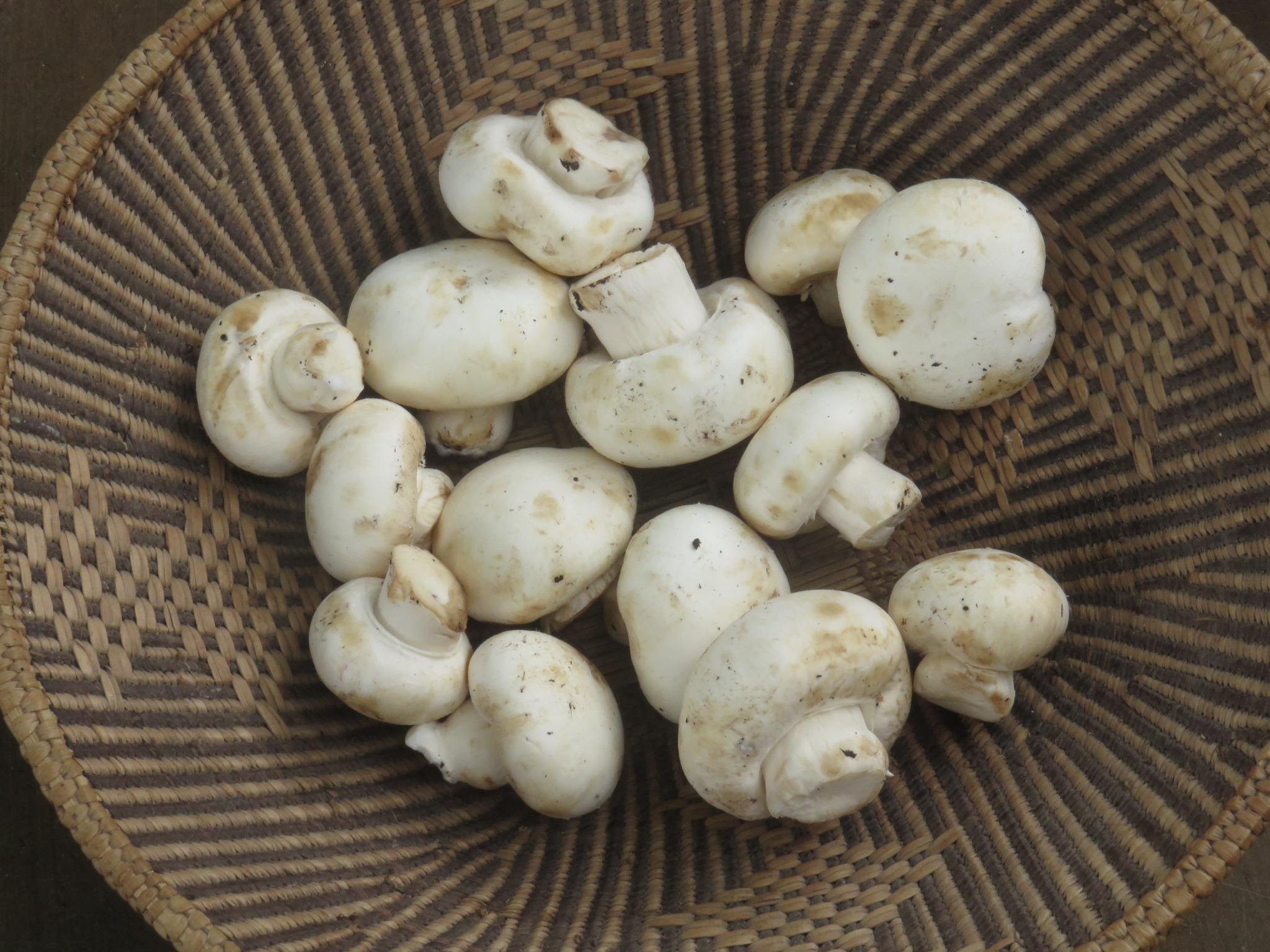 mushrooms
mushrooms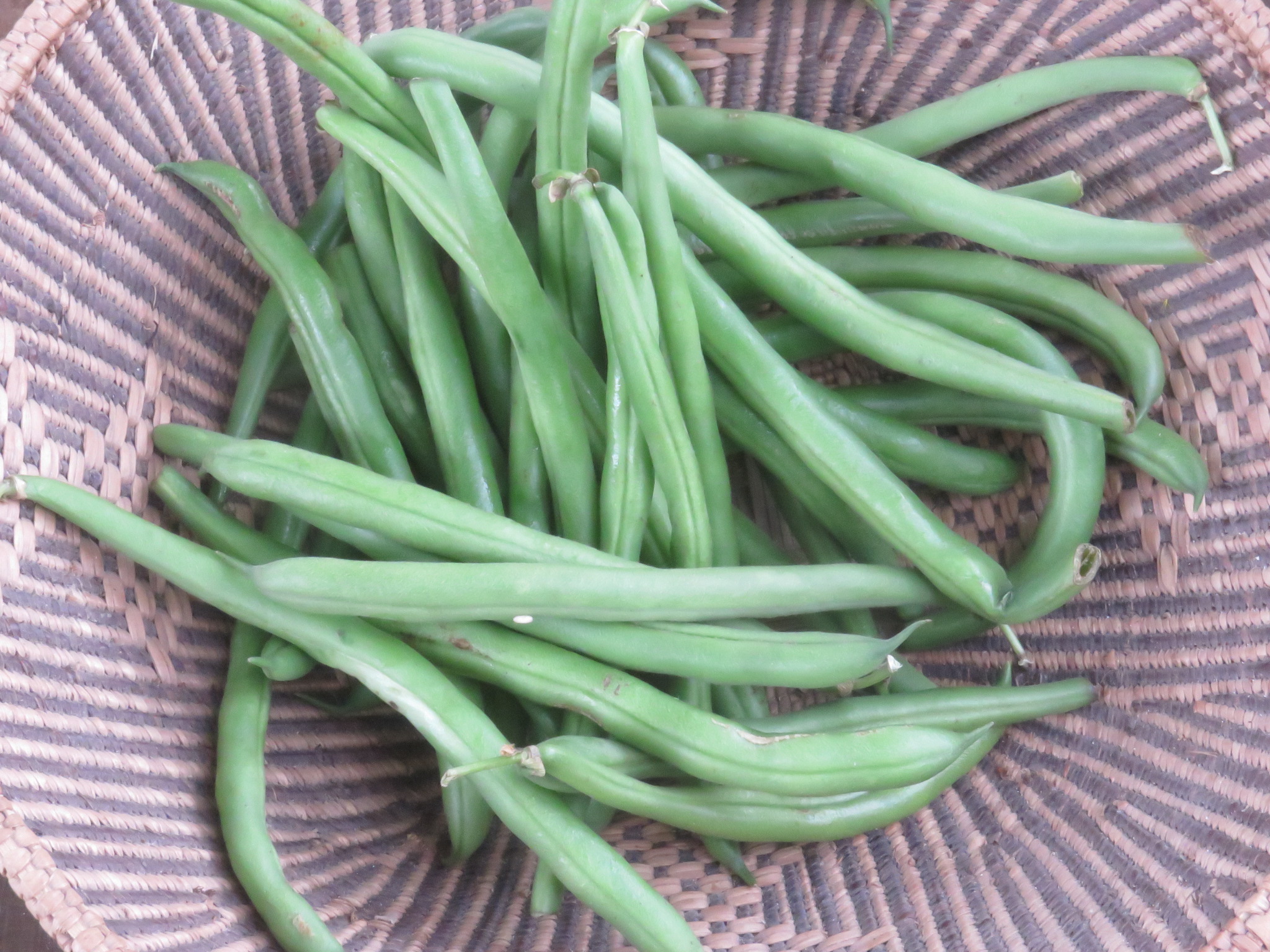 beans
beans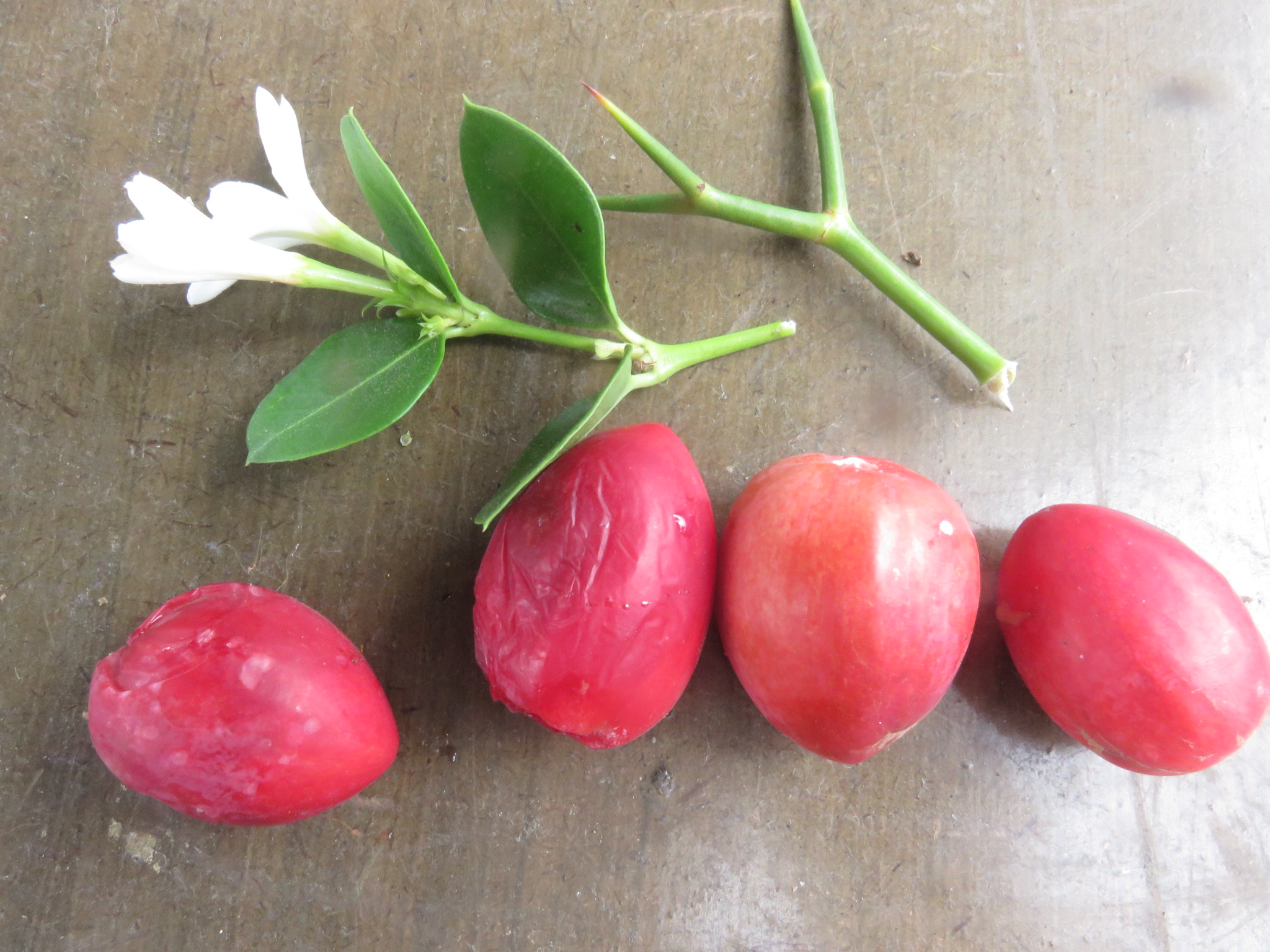 berries
berries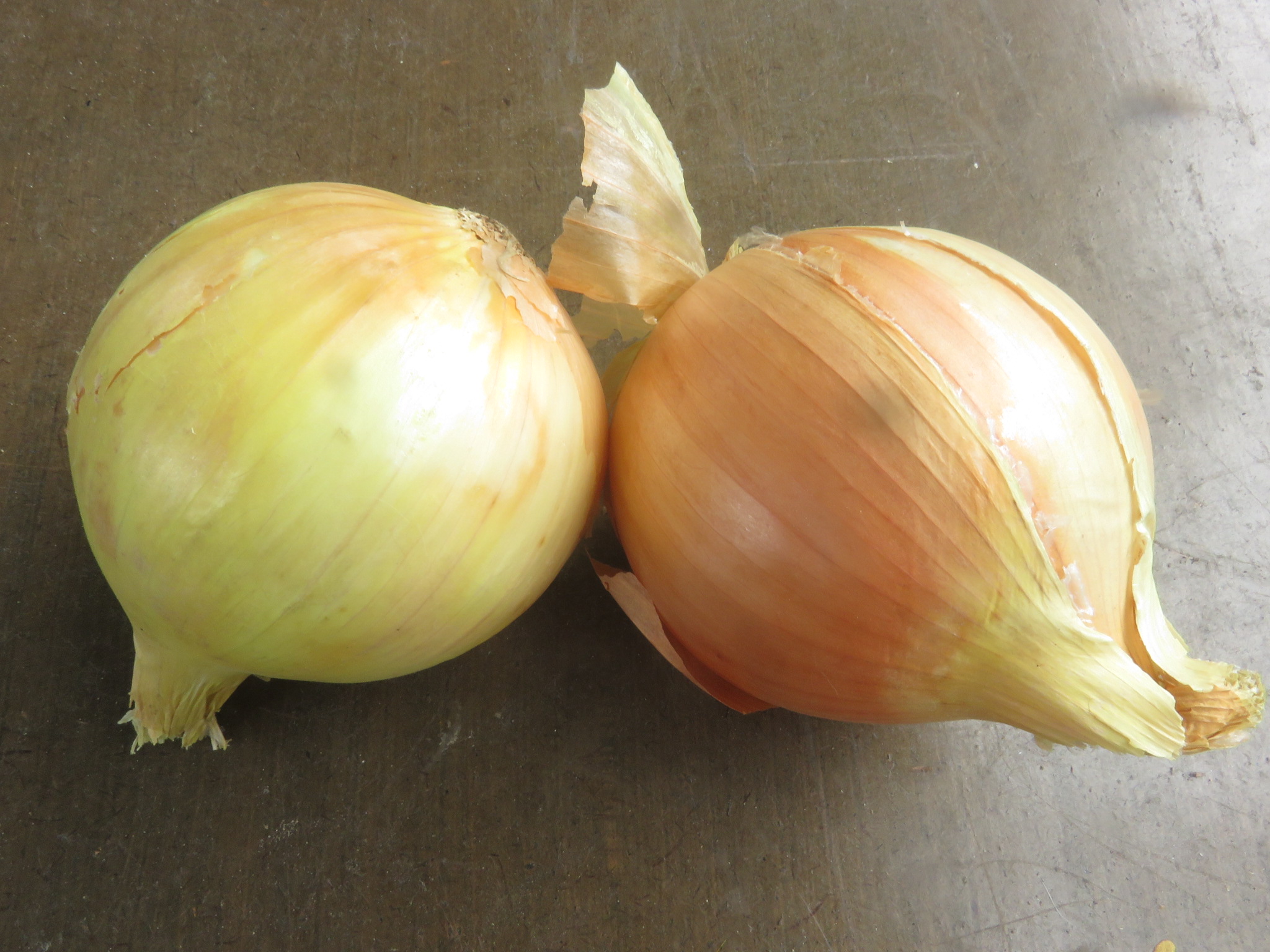 onion family
onion family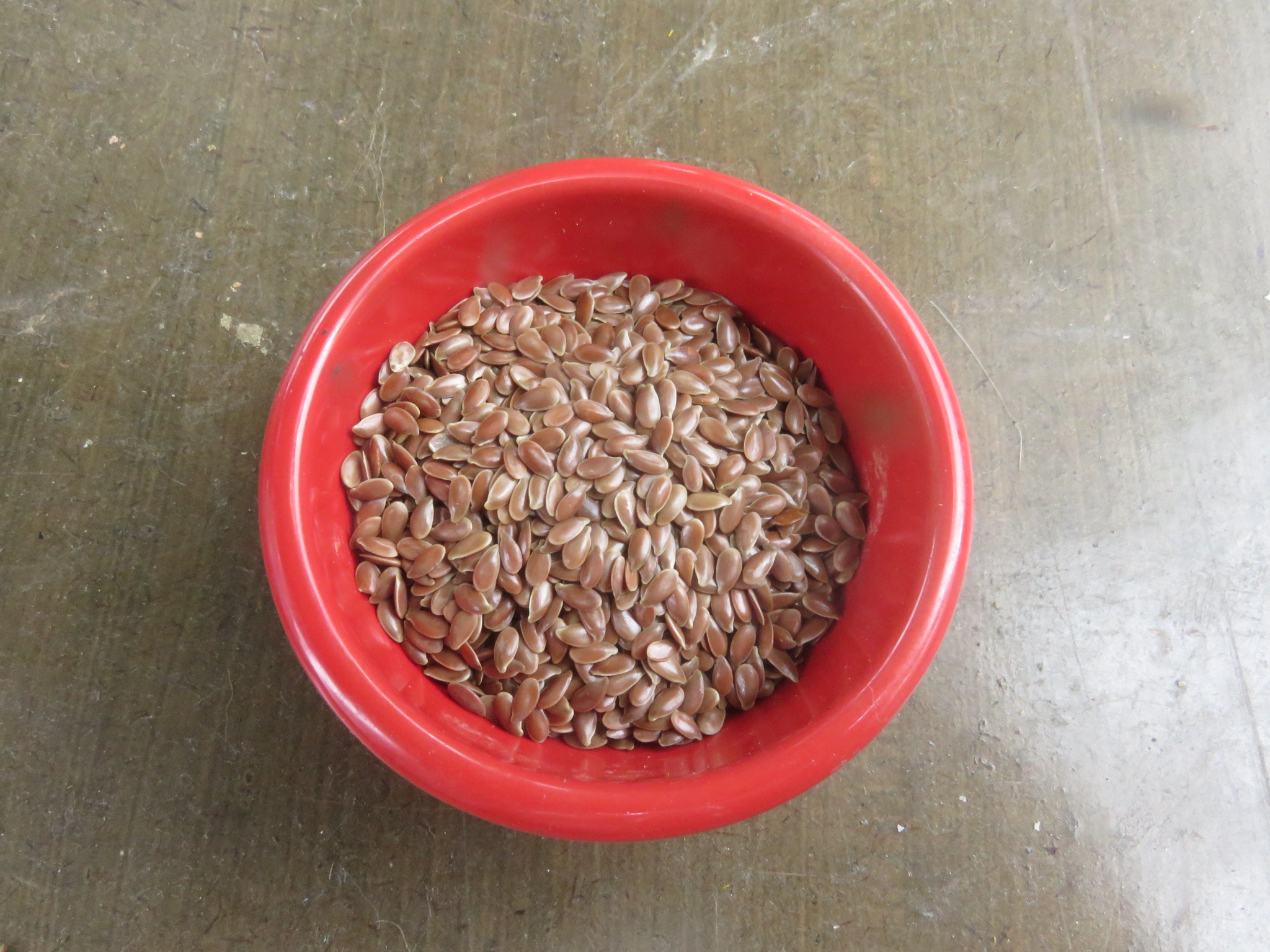 seeds
seedsWhat nutrients do we need ?
I'm not a nutritionist, so I can't
advise on exact quantities and RDA's. This is my lay person's
understanding with which I regulate my own diet. MACRONUTRIENTS
are carbohydrates, protein and fats, a big part of the diet, to
provide energy and build tissues. Without them you starve, but these
days we often have oversupply that makes us ill. The macro-nutrient wars, in which expert proponents like paleo, vegan, and American heart foundation adherents trash each other publicly, and claim that wheat, meat or fat are poisons, make it hard to decide how much of each to have. My only recourse is to imagine or deduce how my ancestors ate long ago when inflammatory disease was rare and factory food unknown.
Vegans and B12
Vegans who eat absolutely no animal products need to supplement with B12, and unfortunately they usually only get enough with artificial supplementation and fortified foods, or so I've read.
Micronutrients and phytochemicals
Micronutrients are vitamins and minerals, which we need only in small amounts. There are a large number of them and they are necessary for a wide range of metabolic functions, and we generally don't get enough. But often supplementing in the form of pills is not as effective as the natural whole food source. I've seen articles to this effect again and again, so I don't bother with supplement pills, but just make sure I eat the rainbow, or foods of all different colours. I also cannot afford supplements !
Generally, we 'modern' humans also don't get enough protective phytochemicals. I learned about these in a wonderful book by Dr Keith Scott, mentioned in the references on the 'healthy living' page. Protective phytochemicals are strongly flavored or colored and often bitter, and over time have found uses as spices, tea or herbal medicine. Without them you will show no immediate effects, but Dr Scott believes you will get more chronic disease and age faster over a lifetime. He worked in the Kalahari, and was astounded by the health of people there who ate a huge variety of wild food. Home grown vegetables and herbs are higher in the micronutrients and phytochemicals than supermarket foods because they experience the right hormetic stress. Cabbage and onion family and spices are especially potent. But onion can be bad for sibo. For example, sulforaphane in cabbage is said to protect against cancer. Mustard is in the cabbage or Brassica family. You can eat the leaves and seeds and it grows easily in the garden. Spices which protect against the widest range of different diseases according to Dr Scott are in order of descending wideness: garlic, ginger, rosemary, black pepper, oregano, thyme, clove, coriander, cinnamon, tea, soy, turmeric and citrus.
If you wish me to send you a copy of the talk I gave at Tygerberg Hospital, which goes into more detail on specific foods and their protective value, just leave a facebook message to me at the bottom of the page.
Gut Flora
FCCF
fiber, complex carbohydrate, ferments
(there are hundreds more in each category)
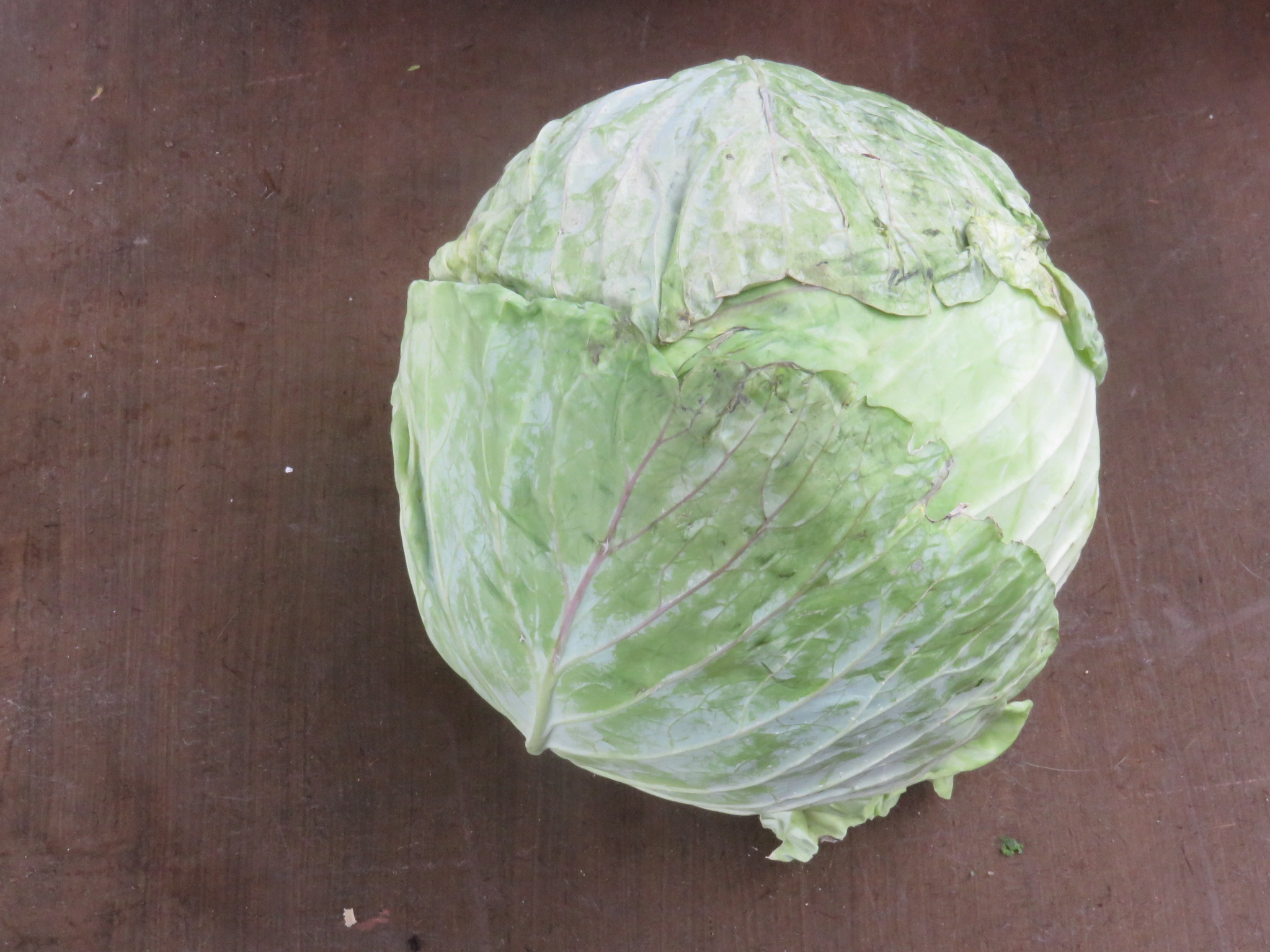 leafy greens, grains and pulses leafy greens, grains and pulses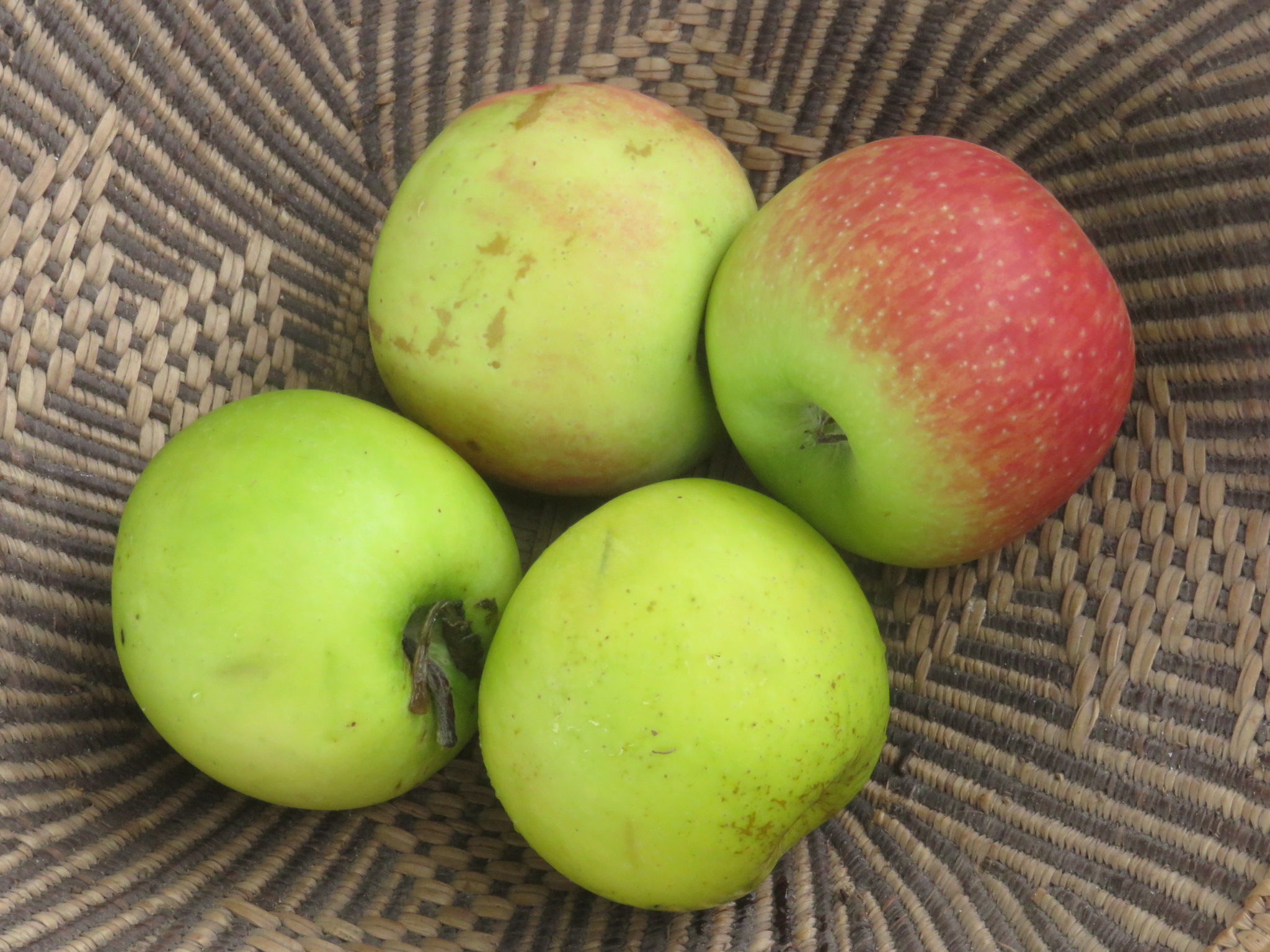 pectin rich fruit pectin rich fruit |
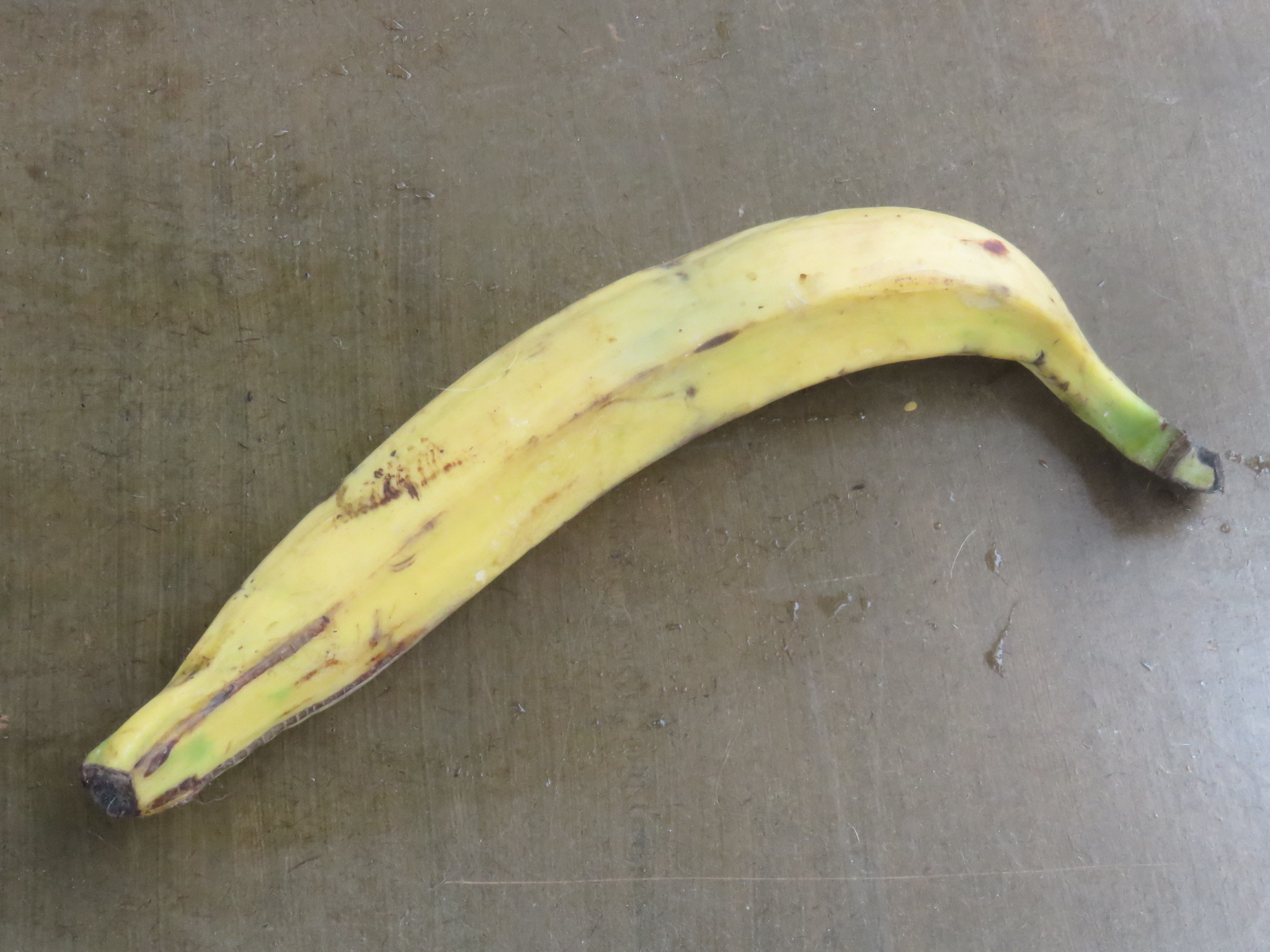 plantain and starchy vegetables plantain and starchy vegetables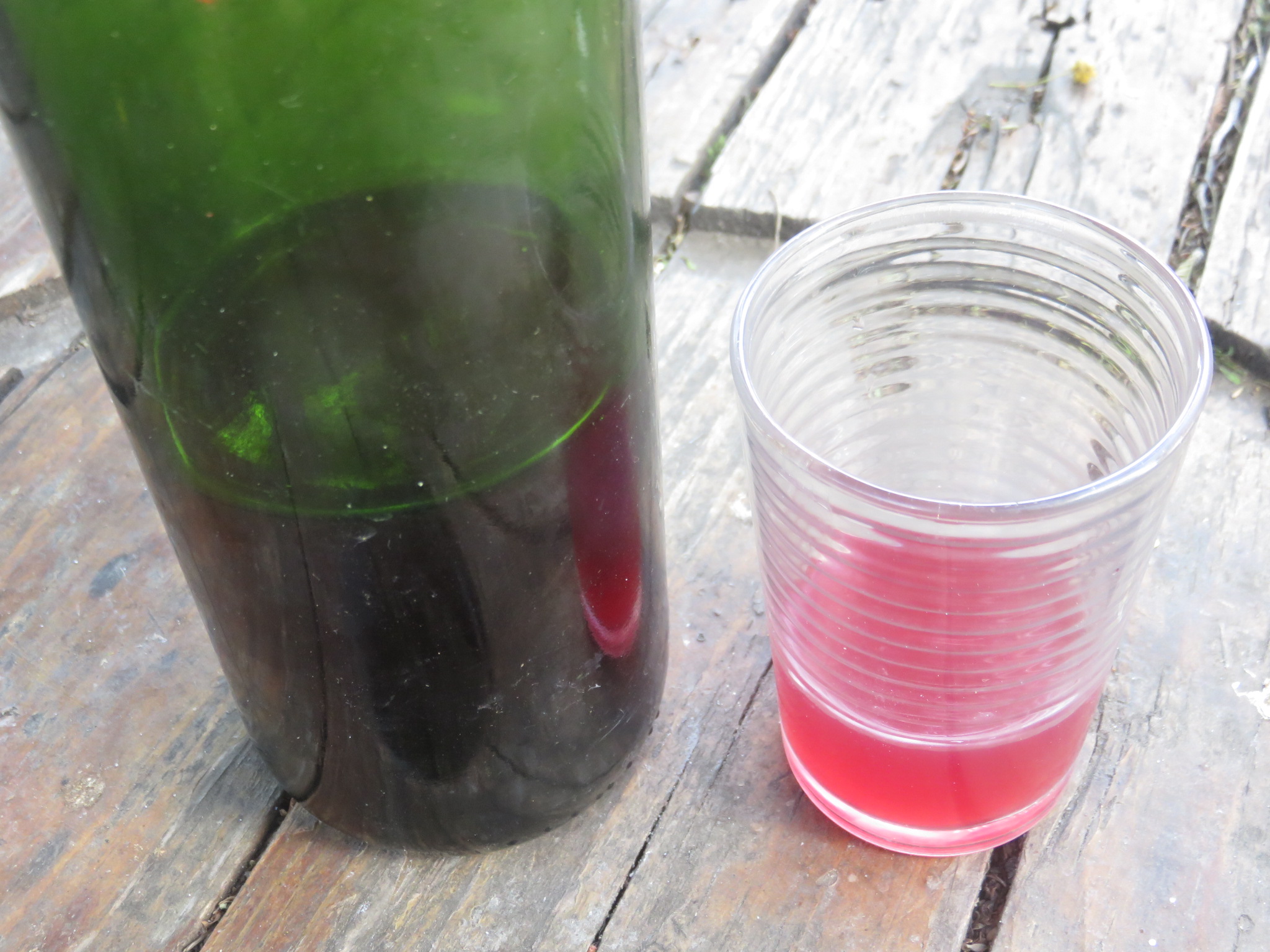 living vinegar and other ferments living vinegar and other ferments |
The gut (and other) microbiomes
One of the most important healthy behaviors, was that our ancestors used compost and manure, rather than chemical fertilizers. It meant they had exposure to the right microbes. There are thousands of species of microbes in human beings and the soil, and most of them are friends not enemies. Interestingly, the communities speak to each other, from soil to gut, from gut microbiome to body tissues and cell organelles, either by donating their members, living in symbiosis, or by sending chemical messages, and even transfering genes. We truly are one with nature. If only we gave back the support she gives us.
A microbiome is a population of different bacteria and other micro organisms in your colon, skin, lungs, and other organs. We are first inoculated in the womb and at birth with our mother's microbes. Our microbes have more genetic material and make more chemicals than our human cells. We are more bacteria than human and we get sick without our bacteria. if we do not add to it and feed it, our gut microbiome becomes less diverse, and more susceptible to infection, The biocides: or pesticides, herbicides, bleaches and antibiotics, used in farming, cleaning agents and medicines make our environment sterile. Everyone knows about whales and tigers dying out but not that our germs are becoming extinct and less diverse, worldwide. We can possibly live without tigers, but without gut bacteria diversity we will get sick and die.
At the center of many vital processes, women are the means. In this case of transferring microbial health from generation to generation.
What is healthy food for our
gut microbes ?
Pre and pro biotics
You can give your microbes food with Prebiotics. This is mainly soluble and insoluble fibre, or complex carbohydrates, which we can't digest, and so it passes to the colon to feed the bacteria. It's found in green leafy vegetables, root vegetables, legumes and whole grains. The microbes keep the gut lining healthy, which keeps out pathogens and big molecules from our blood that cause inflammation and autoimmunity. As people age the gut flora diversity decreases causing many diseases attributed to ageing.
You can boost your microbiome with probiotics, or live bacteria from your environment, food, live ferments, or pills.
Every plant in the garden is host to different microbes, and the soil is incredibly rich in them. So gardening helps.
Every region of the world has its own fermented foods. Sauerkraut, sourdough bread, cucumber pickles, yoghurt, kefir, cheese, vinegar, salami, ham, olives, kimchi and tempeh contain live bacteria if they are organic. Locally we have achar, and in the Eastern cape, fermented milk, and maize. Leverage your cooking traditions for your health. Keep changing the ferments. Vinegar is easy, lasts long and has many uses. I make mine from rotten fruit at Epping market and its exquisite.
Fermenting with a little salt is an easy way to preserve your excess crops from the garden. I learned from our local fermentation expert, Zayaan Khan.
Ferments from the supermarket are not alive, having been pasteurized, or containing preservatives.
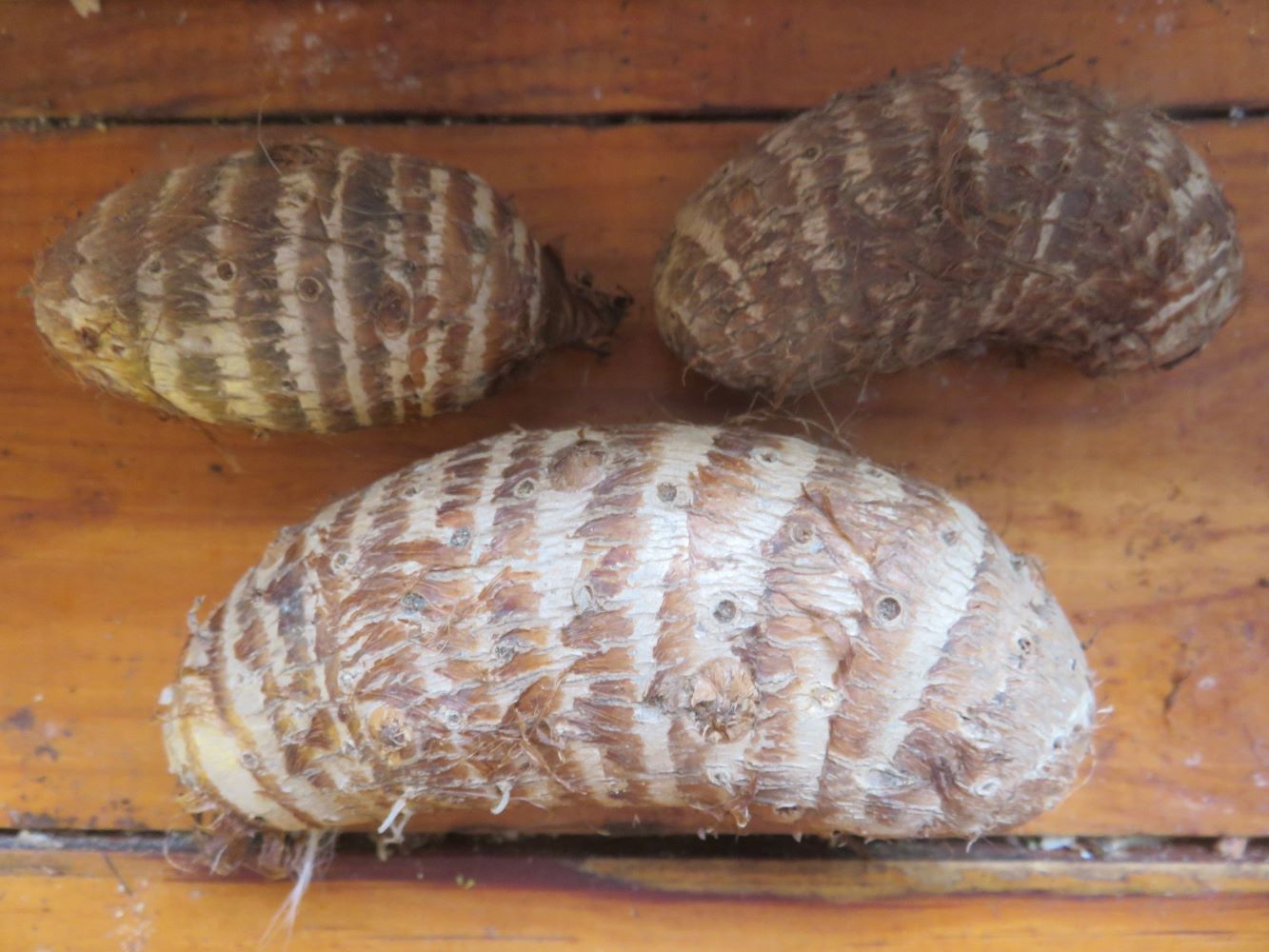 Amadumbe, (South Africa's own Taro variety shown here) Jerusalem and globe artichokes, even the humble potato, contain complex starches that feed your colon's microbiome.
Amadumbe, (South Africa's own Taro variety shown here) Jerusalem and globe artichokes, even the humble potato, contain complex starches that feed your colon's microbiome.What are the basics for ensuring
you eat healthy food ?
- Inform yourself about health. The library staff have been very helpful to me. Read and use the internet. Leave me your email on the list going round and I will send you this talk, and my sources of information. If you buy processed food learn to decode the food labels.
- Determine what you can do at home. A garden can of help a lot with healthy diet on many levels, supplying your greens, herbs and berries, and fresh high nutrient food free of poisons. If you don't have time, try perennial vegetables. If you don't have space, some potted plants and foraging will improve your nutrition. Herbs and greens are easy to grow whereas root vegetables require good deep soil and fruit trees take years. Grow hardy plants like the African Root amadumbe, Plant not just apples and lemons, but native fruit trees. Wild plum has higher anti oxidants than blueberries, Numnum has more vitamin C than citrus. You will never have to water or fertilize native plants. Start a community garden on vacant land near your house.
- Forage or gather food from nature when hiking with friends.
- Eat food from your area, in season, rather than shipped in.
- Eat a little home made ferment with every meal.
- Green vegetables are not optional, they are in all good health diets.
- Have about 10g of spice a day for the protective phytochemicals.
- Use the high nutrient formula G-bombs (greens, beans, onion family, mushrooms, berries and seeds in descending order of quantity) + the gut formula FCCF (fibre, complex carbs and ferments) to guide purchases.
- Try fasting: for a few days, three or four times a year, or skip breakfast a few days a month. Don't be silly and go on a fasting marathon for longer than a two days without reading up on the dangers and precautions. You must have water. That you cannot live without. Seek further medical guidance if you have a condition like diabetes, or are sick or frail or pregnant which can all make fasting risky or damaging.
- Move away from meat-wheat-sweet diet cut sugar, in fizzy drinks, fruit yogurt, tv dinners, sauces, bottled food and takeaways.
- Cut
out preservatives, in bottled, pickled, and tinned foods, sauces, jams
etc.
- Limit or eliminate refined white starch in maizena, maize flour, wheat flour, pasta, cakes, bread, tortillas, pancakes. Eat the whole food, the millie or the wheat grains, rather than the flour.
- Cut transfat is in fries, pies, pastries and processed meat like sausages and spreads.
- Cut refined, purified oils like sunflower and canola.
- Men shouldn't have soy or food in clingwrap. They cause prostate and breast cancer with xenoestrogens.
- Reduce fresh and processed meat. Get more than half your protein from plant sources like legumes, less than 10% of your calories from meat (this is my figure just based on the story of archaeology and diets in the distant past).
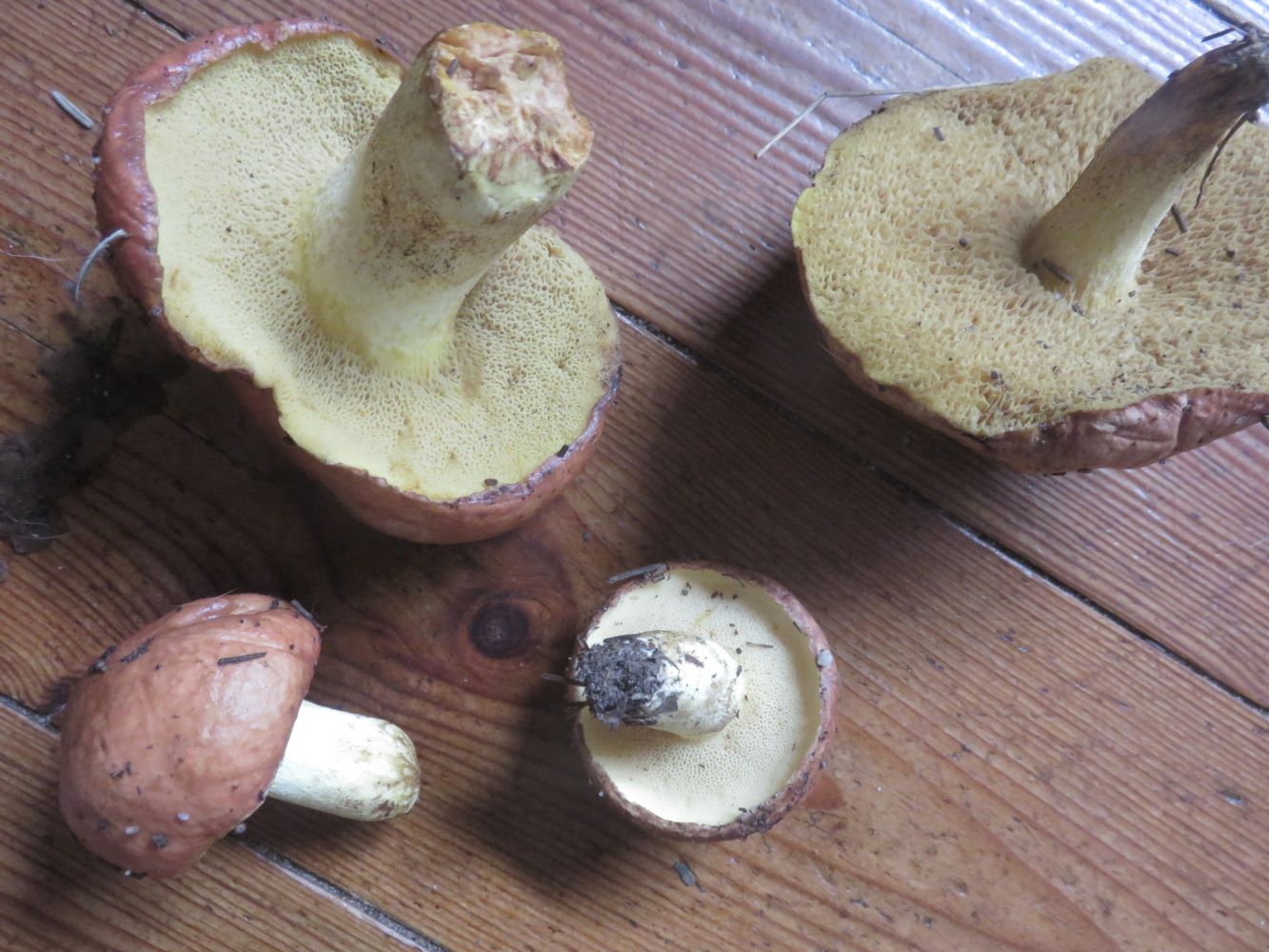 Mushrooms are one lovely wild food. They also apparently modulate and prime the immune system (heard on the REMEDY series. The link is on the healthy living page).
Mushrooms are one lovely wild food. They also apparently modulate and prime the immune system (heard on the REMEDY series. The link is on the healthy living page).------
home page for lots of links on natural gardening and growing vegetables
------
tips on healthy living and the six pillars of health
------
the other articles on the six pillars of health
old fashioned stress management and avoiding toxins
healing insomnia and avoiding toxic radiation
Restore Nature Newsletter
I've been writing for four years now and I would love to hear from you
Please let me know if you have any questions, comments or stories to share on gardening, permaculture, regenerative agriculture, food forests, natural gardening, do nothing gardening, observations about pests and diseases, foraging, dealing with and using weeds constructively, composting and going offgrid.
SEARCH
Order the Kindle E-book for the SPECIAL PRICE of only
Prices valid till 30.09.2023
Recent Articles
-
garden for life is a blog about saving the earth one garden at a time
Apr 18, 25 01:18 PM
The garden for life blog has short articles on gardening for biodiversity with native plants and regenerating soil for climate amelioration and nutritious food -
Cape Flats Sand Fynbos, Cape Town's most endangered native vegetation!
Apr 18, 25 10:36 AM
Cape Flats Sand Fynbos, a vegetation type found in the super diverse Cape Fynbos region is threatened by Cape Town's urban development and invasive alien plants -
Geography Research Task
Jan 31, 25 11:37 PM
To whom it may concern My name is Tanyaradzwa Madziwa and I am a matric student at Springfield Convent School. As part of our geography syllabus for this
"How to start a profitable worm business on a shoestring budget
Order a printed copy from "Amazon" at the SPECIAL PRICE of only
or a digital version from the "Kindle" store at the SPECIAL PRICE of only
Prices valid till 30.09.2023

